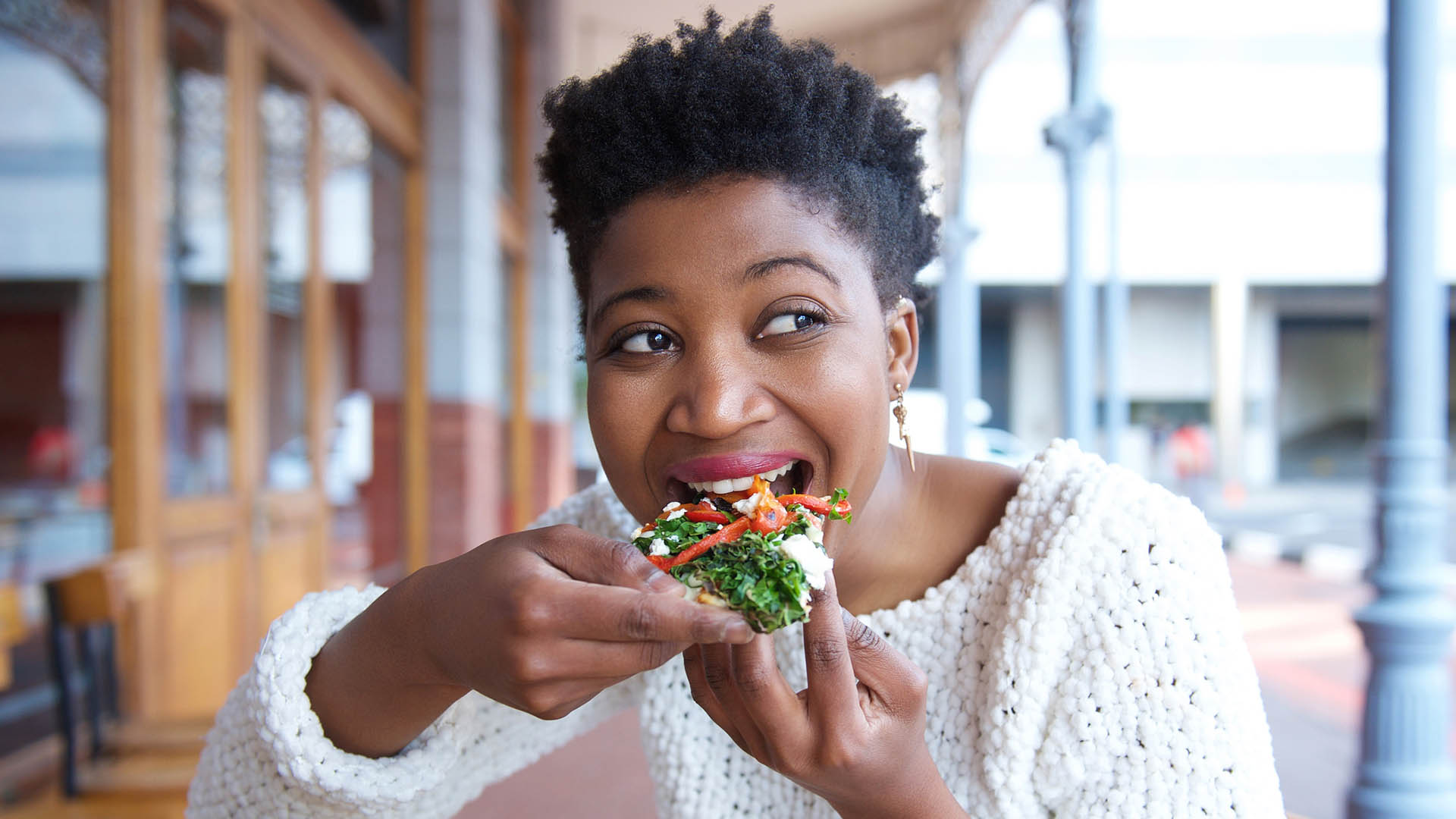Last Call: How Fast Can Our Brains Register Taste?
Neuroscientist Camilla Arndal Andersen recently presented a TED Talk about how our implicit biases affect our perception of taste. Andersen opens her 13-minute presentation with a fun anecdote: Her husband swears organic, small-batch-roasted coffee tastes better than coffee brewed from commodity beans, so Andersen blindfolds him and presents him two cups. Which is the small-batch coffee, and which is the commodity? Her husband confidently points to his preferred one—but it turns out, Andersen served him two identical cups of coffee.
As a neuroscientist, Andersen researches how our biases, preferences, and even moods can alter how our brains respond to taste. Using a scanning technique called electroencephalography, which involves hooking a person's skull up to 128 electrodes, Andersen is able to measure electric movement in the brain down to the millisecond. What she's learned is that the time between a person placing food on their tongue and their brain registering what they're eating is 100 milliseconds, or a half-second.
She's hoping research like this could "help us remove the barrier of the conscious mind to see through the biases of people" as "we can now measure people's very first response to food before they've become conscious of it, and before they've started rationalizing why they like it or not." Trippy stuff, right? Her work has implications for nutritional development, food engineering, and other food-related industries. Her full TED Talk is certainly worth 13 minutes of your time, and there's even a transcript for those who prefer reading to watching.
